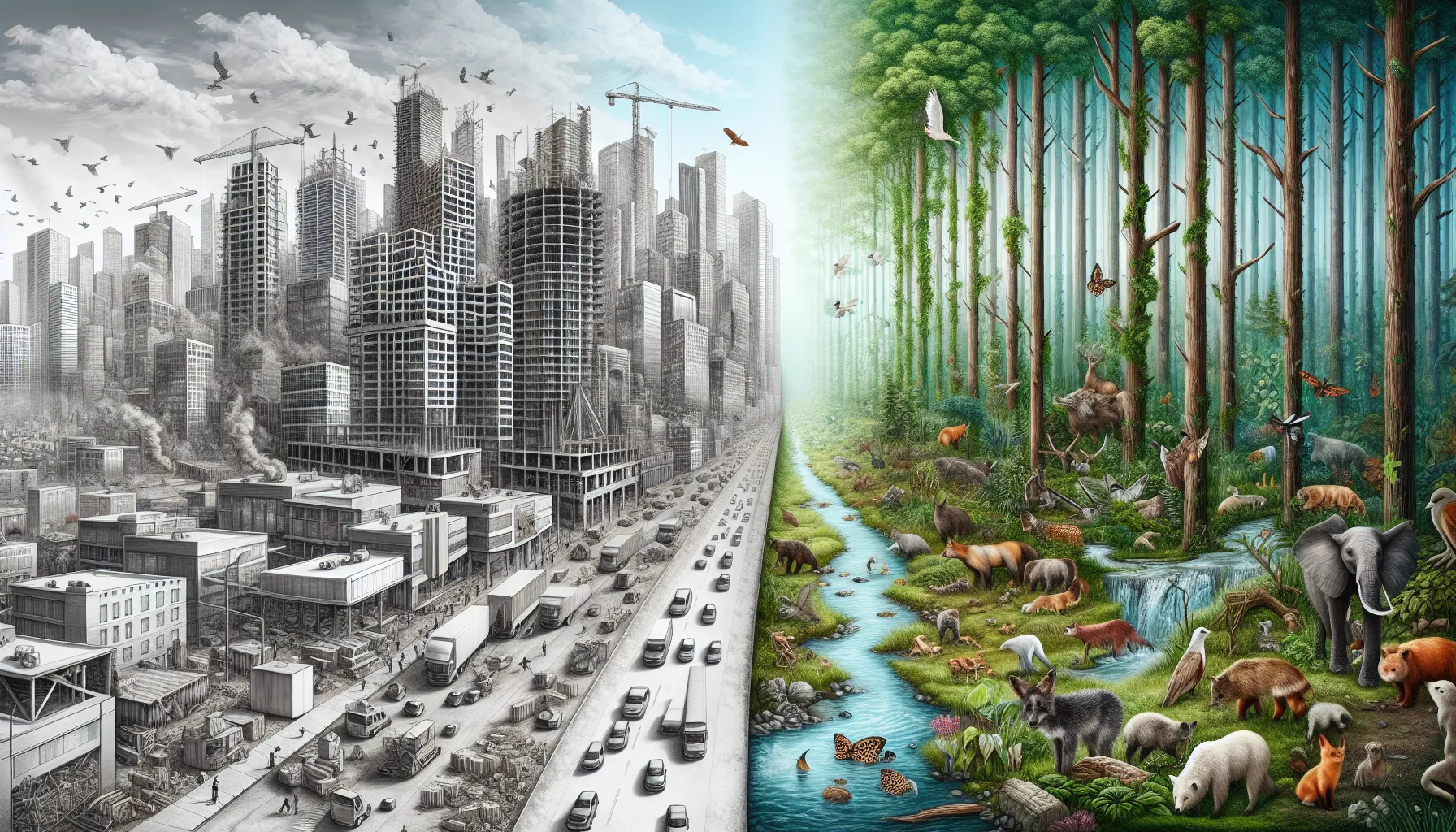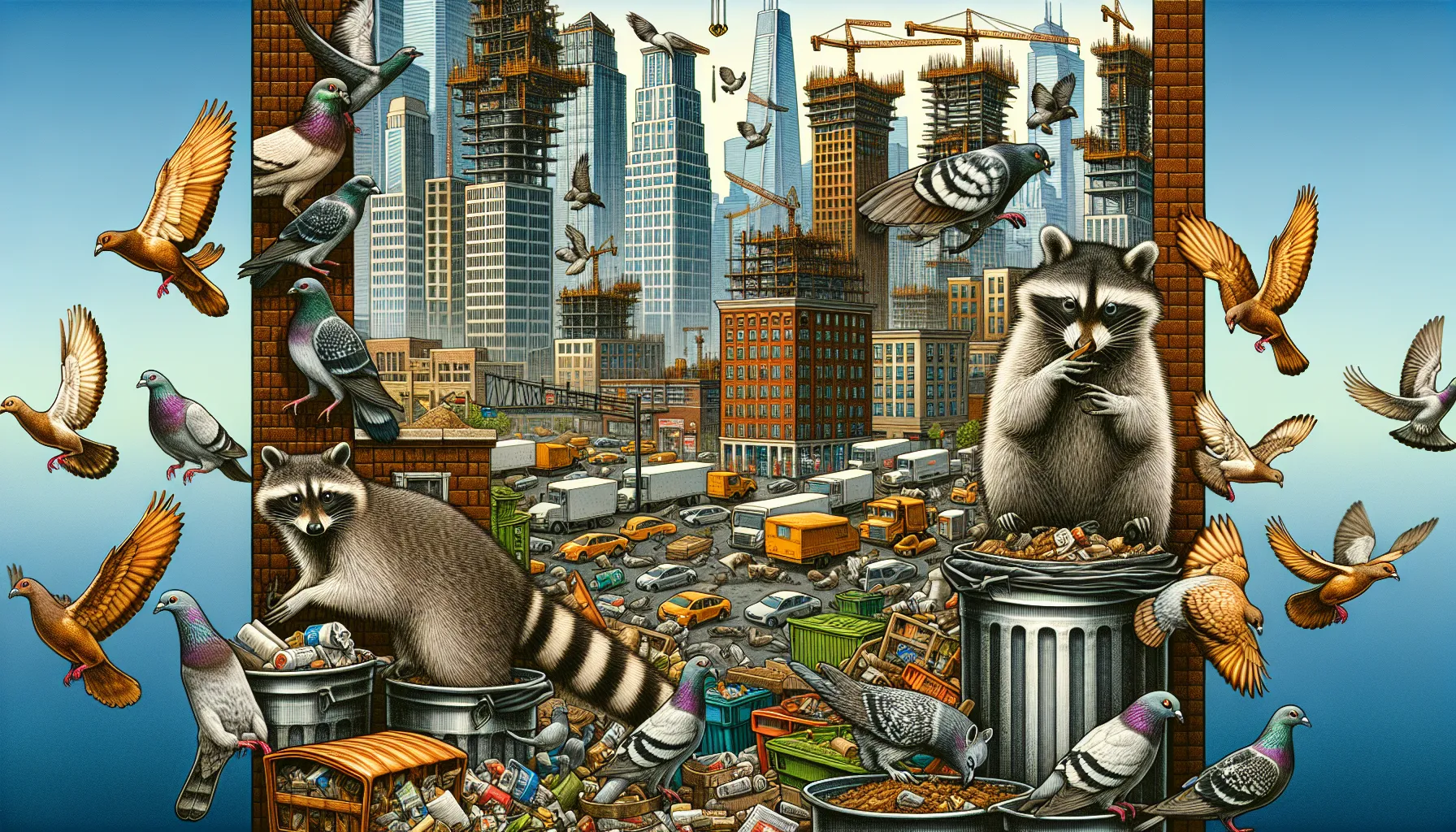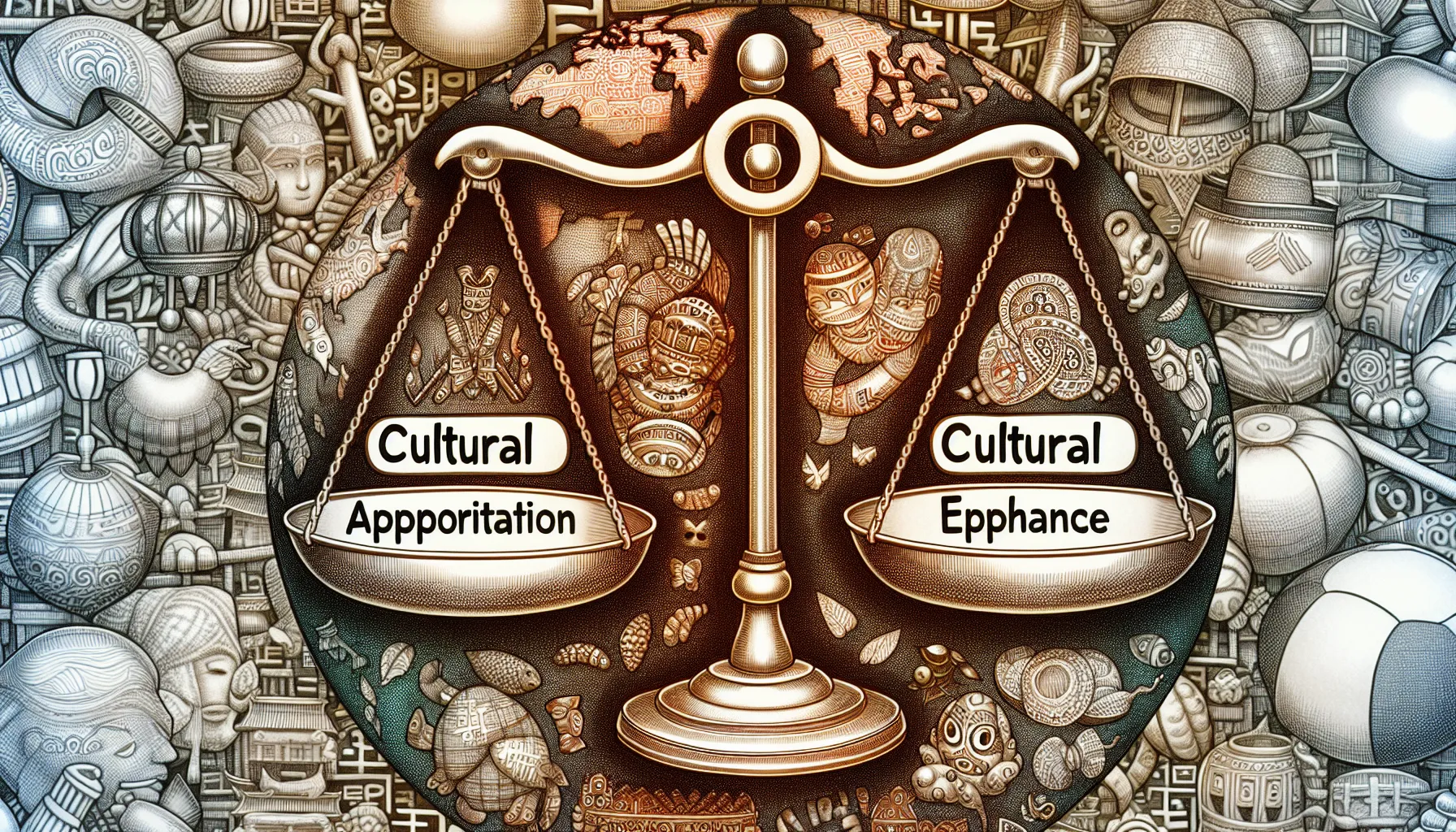Urbanization and its effects on wildlife is a recurring theme in IELTS Writing Task 2. Based on past exam trends and the increasing global focus on environmental issues, this topic is likely to appear frequently in future tests. Let’s examine a relevant question that has appeared in recent IELTS exams:
Nội dung bài viết
Some people believe that human activity is causing many animal species to become extinct, while others claim that animals are not becoming extinct but are simply evolving to survive in a changing environment. Discuss both views and give your own opinion.
Analyzing the Question
This question addresses the complex relationship between human activities, particularly urbanization, and wildlife. It requires candidates to:
- Discuss the view that human activity is causing animal extinction
- Explain the alternative view that animals are adapting to environmental changes
- Provide a personal opinion on the issue
Let’s explore sample essays for different band scores, starting with a high-scoring response.
Sample Essay 1 (Band 8-9)
The impact of human activities on animal species has been a subject of intense debate in recent years. While some argue that our actions are driving numerous species to extinction, others contend that animals are merely evolving to adapt to changing environments. In my opinion, both perspectives hold merit, but the evidence suggests that human-induced extinction is a more pressing concern.
Those who believe that human activity is causing mass extinction point to numerous compelling examples. Habitat destruction due to urbanization, deforestation, and agricultural expansion has decimated populations of countless species. For instance, the rapid loss of rainforests in the Amazon has pushed many endemic species to the brink of extinction. Moreover, pollution, climate change, and overhunting have further exacerbated the problem. The alarming decline of bee populations worldwide, largely attributed to pesticide use and habitat loss, serves as a stark reminder of how human actions can threaten even seemingly abundant species.
On the other hand, proponents of the adaptation theory argue that animals have always evolved to survive changing conditions. They cite examples such as urban wildlife adapting to city life, like pigeons thriving in metropolitan areas or coyotes successfully inhabiting suburban regions. Additionally, some species have shown remarkable resilience in the face of climate change, such as polar bears altering their hunting patterns in response to diminishing sea ice. These examples demonstrate nature’s capacity for adaptation and survival.
However, while adaptation is undoubtedly occurring, the rate of environmental change induced by human activities often outpaces the speed at which many species can evolve. The current extinction rate is estimated to be 100 to 1,000 times higher than the natural background rate, suggesting that human impact is indeed driving many species to extinction faster than they can adapt. Furthermore, the loss of keystone species can have cascading effects on entire ecosystems, potentially leading to even more extinctions.
In conclusion, while there is evidence supporting both viewpoints, I believe that the threat of human-induced extinction outweighs the adaptive capabilities of many species. Urgent action is needed to mitigate our impact on the environment and protect biodiversity. This requires a multifaceted approach, including habitat conservation, pollution reduction, and sustainable development practices, to ensure the survival of Earth’s diverse animal species.
 Urbanization's impact on wildlife: extinction vs adaptation
Urbanization's impact on wildlife: extinction vs adaptation
Essay Analysis
This essay demonstrates excellent qualities that justify a Band 8-9 score:
-
Task Response: The essay fully addresses all parts of the task, discussing both views and providing a clear personal opinion.
-
Coherence and Cohesion: The essay is well-organized with clear paragraphing and effective use of cohesive devices.
-
Lexical Resource: A wide range of vocabulary is used accurately and appropriately, including topic-specific terms like “endemic species,” “habitat destruction,” and “keystone species.”
-
Grammatical Range and Accuracy: The essay showcases a variety of complex sentence structures with high accuracy.
-
Development of Ideas: Each point is well-developed with relevant examples and explanations.
Sample Essay 2 (Band 6-7)
Many people think that human activities are making many animals extinct, but others believe animals are just changing to survive in new environments. I will discuss both ideas and give my opinion.
People who say humans are causing animals to die out have some good reasons. We are cutting down forests and building cities, which destroys the homes of many animals. For example, when rainforests are cut down, animals like monkeys and birds lose their homes. Also, pollution from factories and cars can harm animals. Climate change, which is partly caused by humans, is making it hard for some animals like polar bears to find food.
On the other hand, some people think animals are just adapting to new conditions. They say that animals have always changed over time to survive. For instance, some birds in cities have learned to use human garbage as food. Also, some animals are moving to new areas where the weather is better for them. These examples show that animals can change their behavior to live in new places.
However, I think that while some animals can adapt, many others cannot change fast enough to survive the big changes humans are causing. Many animals are disappearing faster than they can evolve. For example, many types of frogs are dying out because of a disease that spreads more easily due to climate change.
In conclusion, although some animals can adapt to new environments, I believe that human activities are causing more harm than animals can handle. We need to do more to protect animals and their homes if we want to stop so many species from becoming extinct.
 Urban wildlife adaptation challenges
Urban wildlife adaptation challenges
Essay Analysis
This essay demonstrates qualities that justify a Band 6-7 score:
-
Task Response: The essay addresses all parts of the task, but the ideas could be more fully developed.
-
Coherence and Cohesion: The essay is generally well-organized, but the use of cohesive devices is less sophisticated than in the Band 8-9 essay.
-
Lexical Resource: The vocabulary used is adequate for the task, but lacks the precision and range of higher band scores.
-
Grammatical Range and Accuracy: The essay uses a mix of simple and complex sentences with generally good control, though there are some errors.
-
Development of Ideas: Ideas are supported with examples, but they could be more fully elaborated.
Key Vocabulary to Remember
- Urbanization (noun) – /ˌɜːrbənaɪˈzeɪʃən/ – The process of making an area more urban
- Habitat destruction (noun phrase) – /ˈhæbɪtæt dɪˈstrʌkʃən/ – The process by which natural habitat is damaged or destroyed
- Biodiversity (noun) – /ˌbaɪoʊdaɪˈvɜːrsəti/ – The variety of plant and animal life in a particular habitat
- Adaptation (noun) – /ˌædæpˈteɪʃən/ – The process of changing to suit different conditions
- Ecosystem (noun) – /ˈiːkoʊsɪstəm/ – A biological community of interacting organisms and their physical environment
- Extinction (noun) – /ɪkˈstɪŋkʃən/ – The state or process of a species ceasing to exist
- Resilience (noun) – /rɪˈzɪliəns/ – The capacity to recover quickly from difficulties
- Deforestation (noun) – /diːˌfɔːrɪˈsteɪʃən/ – The action of clearing a wide area of trees
- Conservation (noun) – /ˌkɑːnsərˈveɪʃən/ – The protection of plants, animals, and natural areas
- Sustainable (adjective) – /səˈsteɪnəbl/ – Able to be maintained at a certain rate or level
Conclusion
The impact of urbanization on wildlife is a complex and important topic that is likely to appear in future IELTS Writing Task 2 exams. To prepare effectively, practice writing essays on related themes such as:
- The role of zoos in wildlife conservation
- The balance between economic development and environmental protection
- The effectiveness of international agreements in protecting endangered species
- The impact of climate change on biodiversity
Remember to structure your essays clearly, use a range of vocabulary and grammatical structures, and support your arguments with relevant examples. Feel free to practice by writing your own essay on this topic and sharing it in the comments section for feedback and discussion.


